Tree City Eyecare Blog
Learn more about optometrist care in our blog!
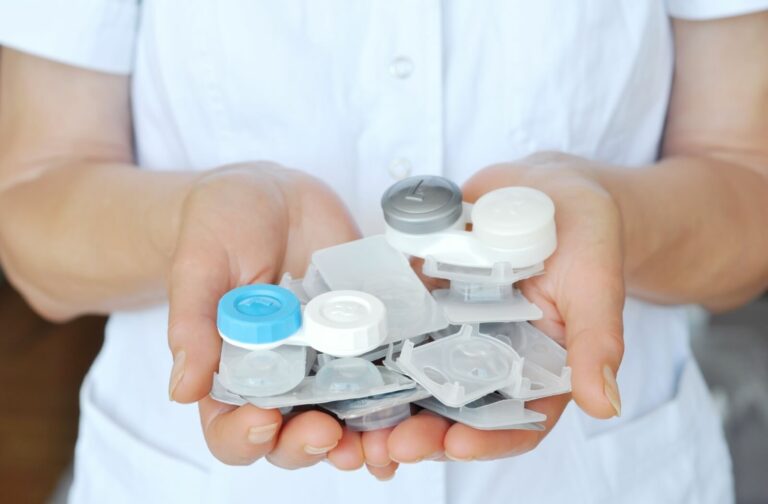
Contact lenses have gained popularity in recent years due to their flexibility and wider field of vision compared to glasses. But if you’re a recent convert from glasses to contacts, it can be challenging to determine which type of contact lens to choose.
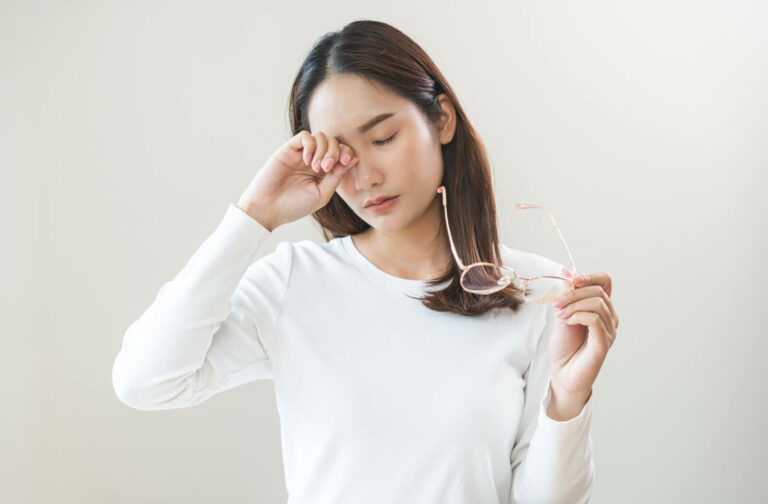
Dry eye can turn wearing contact lenses from a convenient option into a daily challenge. The discomfort, irritation, and sometimes blurry vision can make anyone second-guess their decision to switch from glasses. However, modern contact lens technology has helped people with dry eyes experience both comfort and convenience.
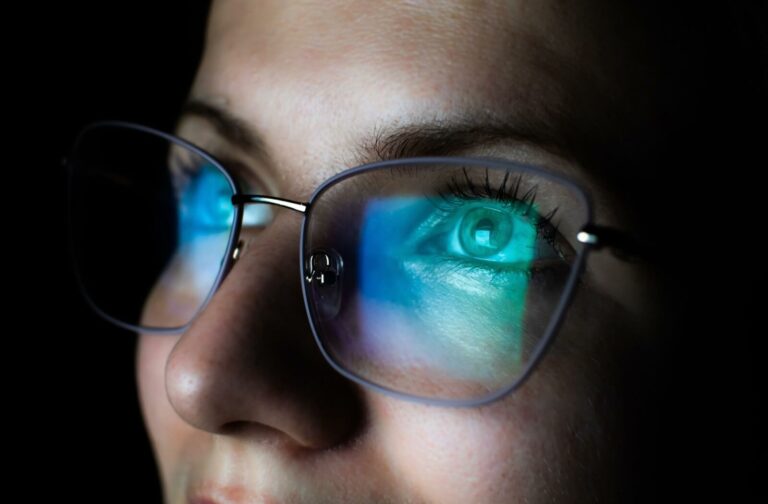
Every day, students, digital nomads, and tech workers spend countless hours staring at screens. While technology has become an integral part of modern life, blue light from screens can pose risks to eye health with prolonged exposure.
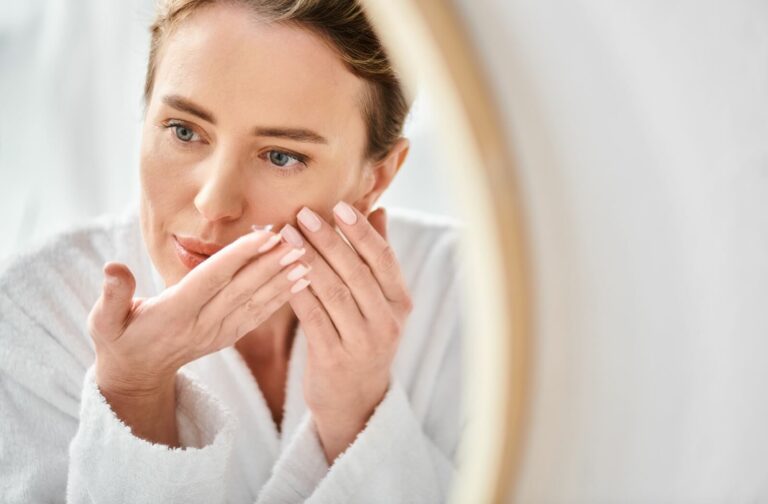
Ortho-K, or orthokeratology, involves a special kind of contact lens that you wear while you sleep to correct refractive errors during the day. It’s often used to treat myopia, but can also be an effective treatment for hyperopia and astigmatism.
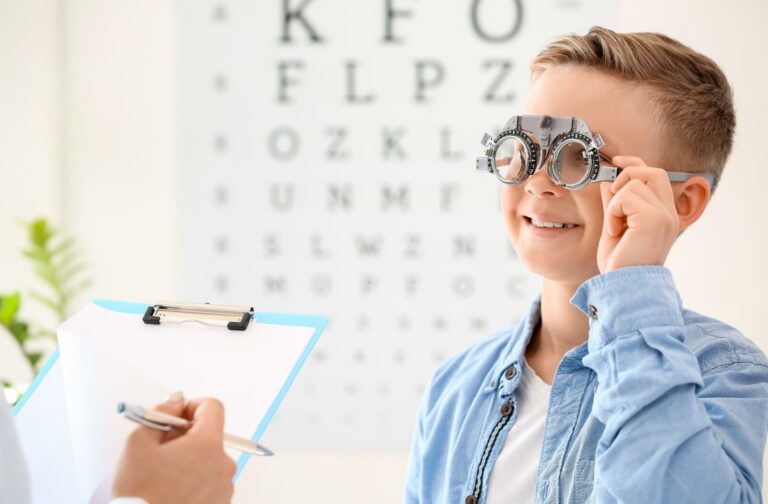
Vision troubles are a lot more common than most people think. Conditions like myopia are prevalent and affect millions of Americans in their everyday lives.
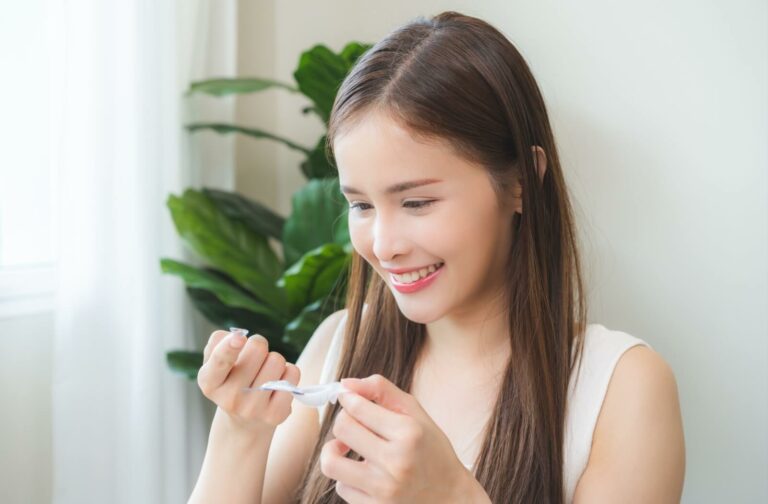
If your child has been diagnosed with myopia (nearsightedness), you’ve likely encountered terms like MiSight lenses and ortho-k while researching treatments. MiSight and ortho-k lenses are 2 potential myopia control options, each with its own benefits. There isn’t a one-size-fits-all answer to which is better for your child because it depends on the situation.
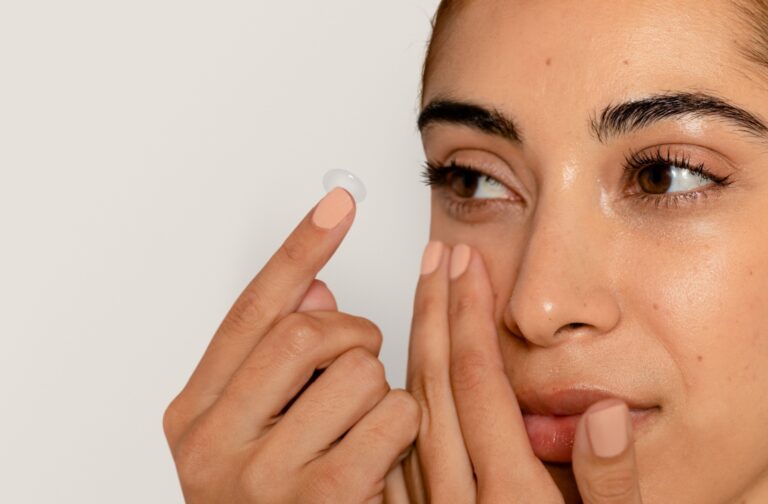
Scleral contact lenses are designed for people with corneal irregularities, severe dry eye, or complex prescriptions. Designed to vault over the cornea and rest on the sclera, these lenses provide a smooth optical surface and a fluid reservoir that can enhance comfort and clarity.
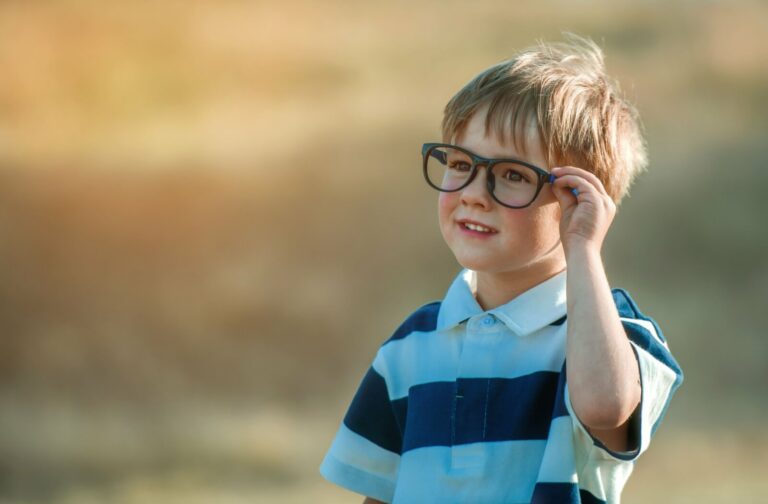
Nearsightedness (myopia) is one of the most common reasons that kids end up needing glasses. In fact, many kids end up needing multiple new pairs of glasses as they grow and their eyes change.
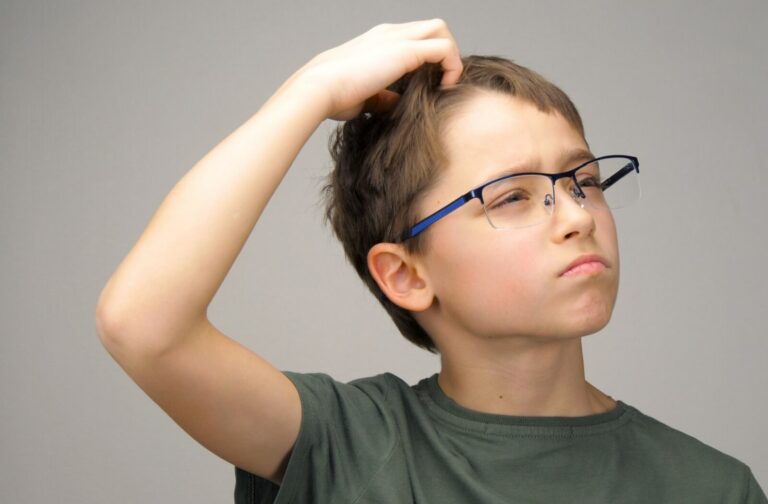
Nearsightedness, or myopia, is a common vision condition that affects millions of children. While myopia cannot be fully reversed, there are effective ways to manage and slow its progression. By understanding what causes myopia and how it develops, parents can take proactive steps to protect their child’s vision.
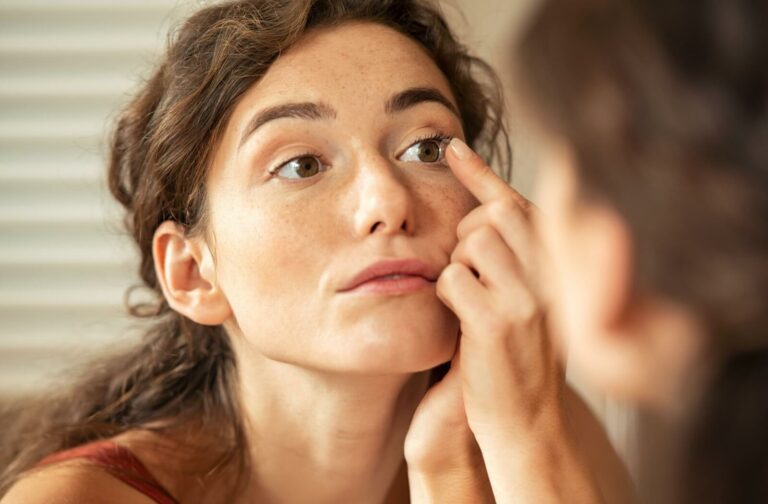
Those who suffer from dry eyes are well aware traditional contact lenses can exacerbate dry eye symptoms. To maintain comfort, you likely continue wearing your eyeglasses.




